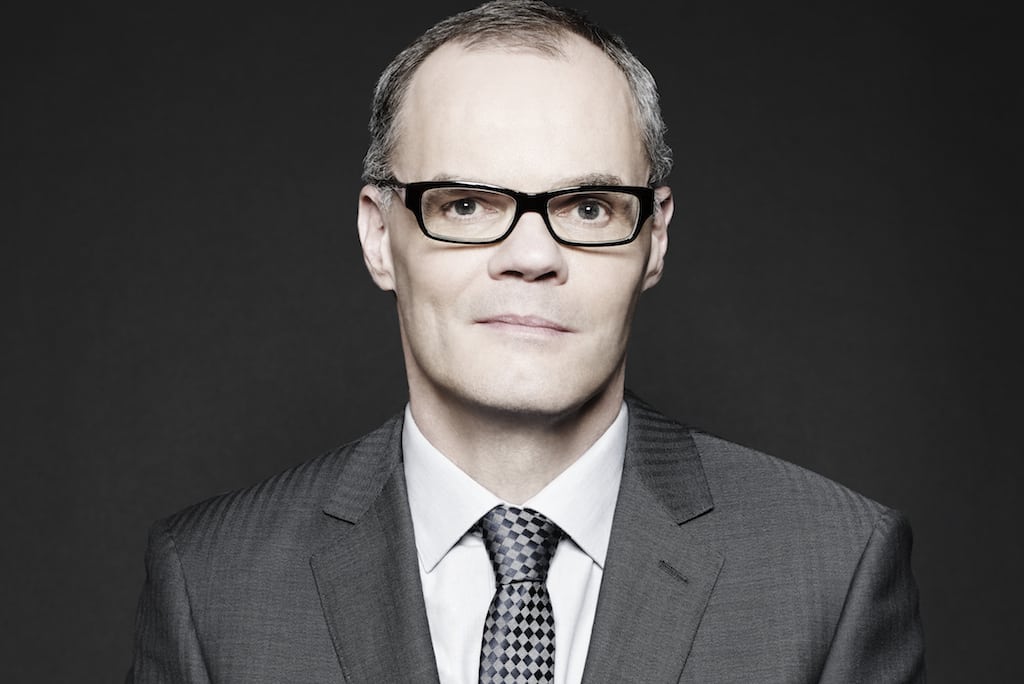Interview: Starwood CEO on Using Technology to Improve the Guest Experience

Skift Take
Technology is at its best when it disappears seamlessly into the guest experience. Not all of Starwood's innovations will catch on with customers, but its efforts ensure that it will offer guests those tools and services that do.
Editor’s Note: Skift is starting a new series of interviews with hospitality CEOs talking about the Future of the Guest Experience and the evolving expectations and demands of hotel guests. Check out all the interviews as they come out here. This continues our series of CEO interviews, the previous series was on the Future of Booking, with online travel CEOs.
With international tourist arrivals reaching a record 1.087 billion in 2013, travelers from emerging and leading nations are crossing more borders more frequently than ever before.
Global hotel brands are tasked with responding to these increasingly sophisticated guests no matter where in the world they are or where they're from. Today that means acting as a portal to a destination's local culture, arming travelers with technology to make smart decisions quickly, and creating a company culture that encourages staff to step outside their defined roles.
Starwood Hotels and Resorts Worldwide, in particular, is leading the hospitality industry in technical innovation, constantly taking its place as one of, if not the, first hotel brand to introduce a Google Glass app, an Apple Watch app, a robotic staff member, and stellar social customer service.
The brand is also rapidly expanding overseas, meeting the needs of its increasingly global guest, with plans to double its presence in India and China, add up to 20 properties in Africa, and expand throughout South America.
Skift spoke with Starwood CEO Frits van Paasschen to learn more about the ideology behind its industry-first innovations, challenges to meeting guests' expectations, and thoughts on attracting the best talent.
An edited version of the interview follows:
Skift: What are the biggest challenges you face to improve the guest experience today?
Frits van Paasschen: The biggest challenge today is making sure our brands stay relevant and ahead of people’s changing expectations. Between new generations of travelers people coming from and going to new destinations around the world and experiencing the benefits of technology in other facets of their life, we need to make sure that we move 1,200 hotels and a couple of hundred thousand people as quickly as possible to meet those changing expectations. This isn’t just the biggest challenge facing me; more importantly, it’s the biggest challenge facing our organization overall.
Skift: Let’s touch on some of those changes in guest expectations and demands. Wha
